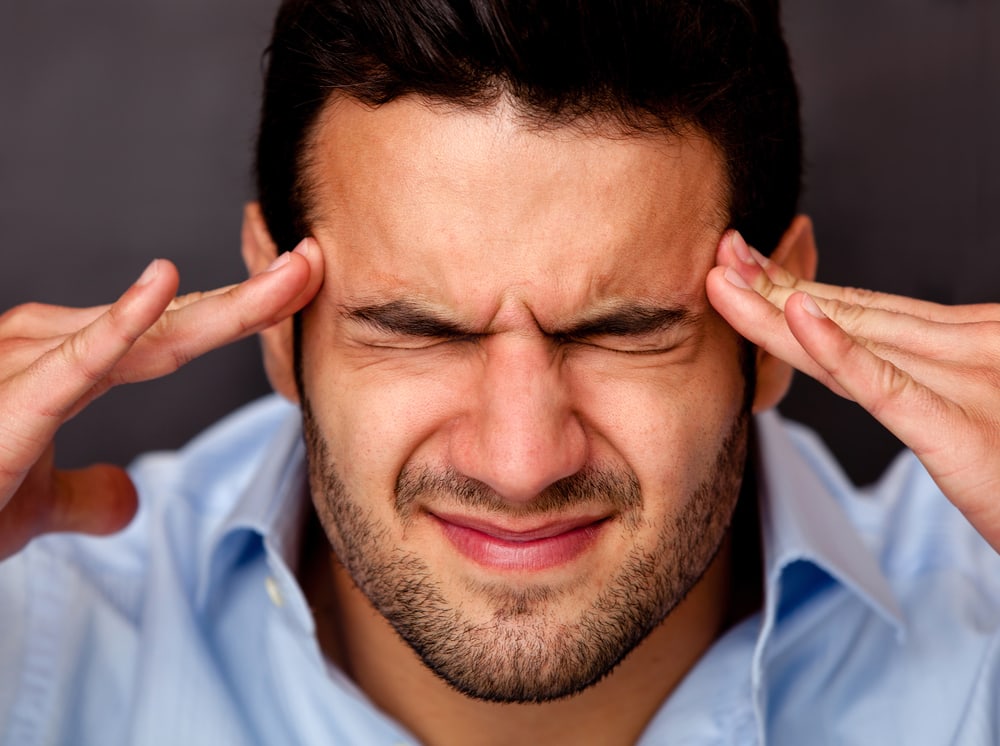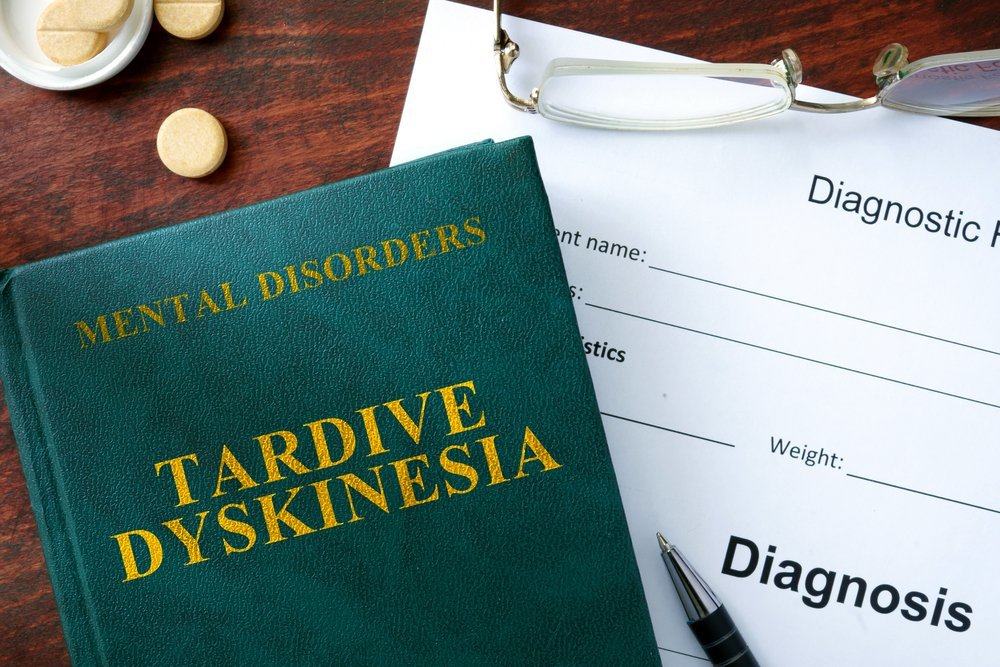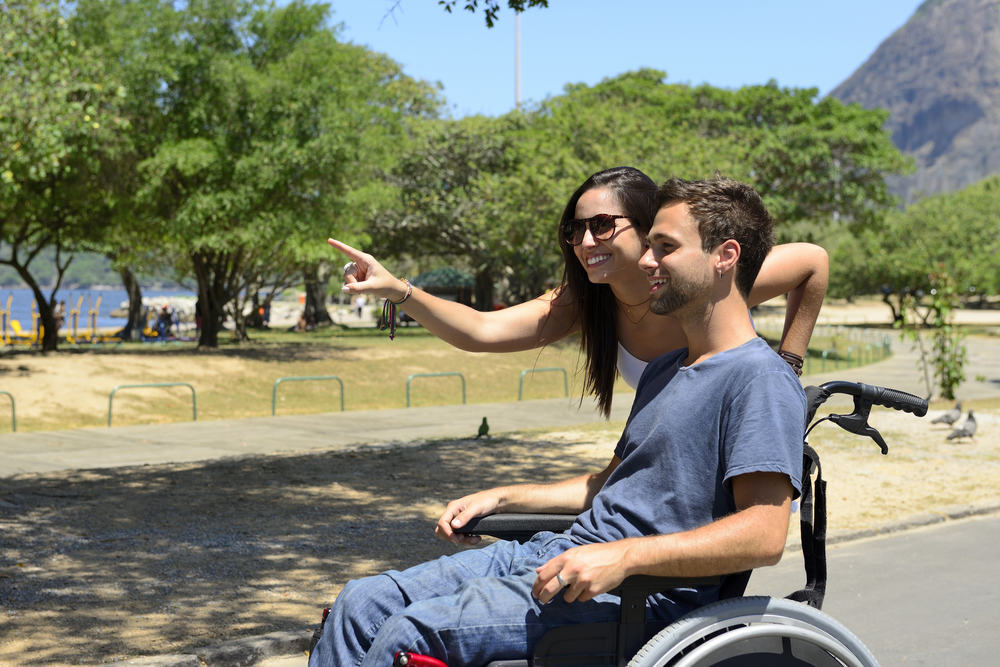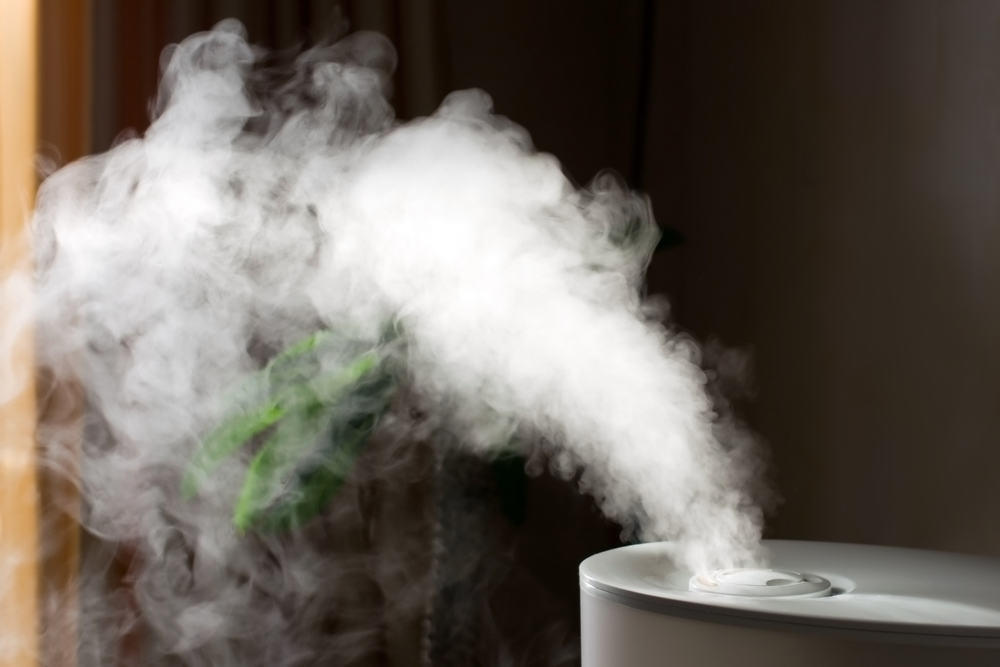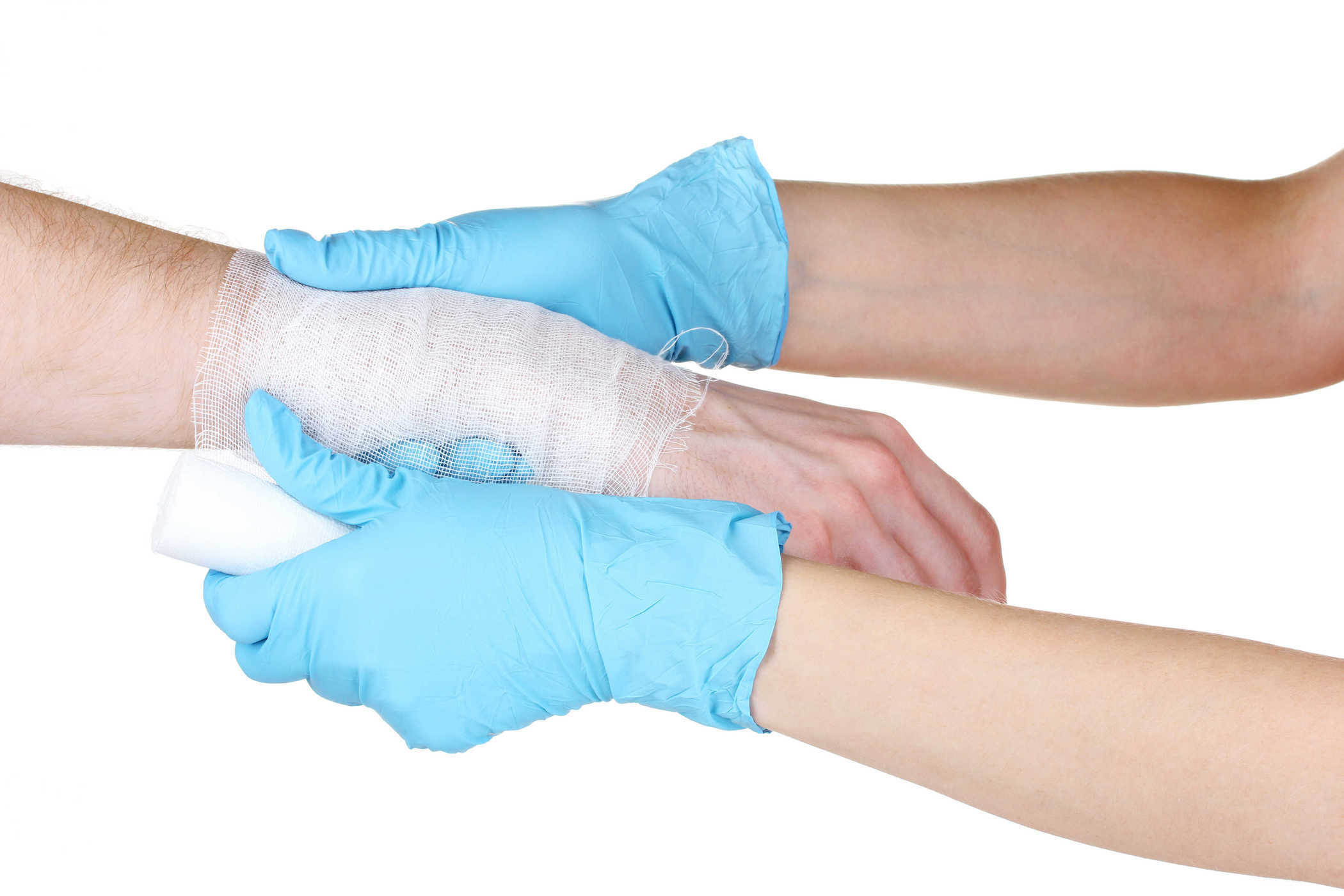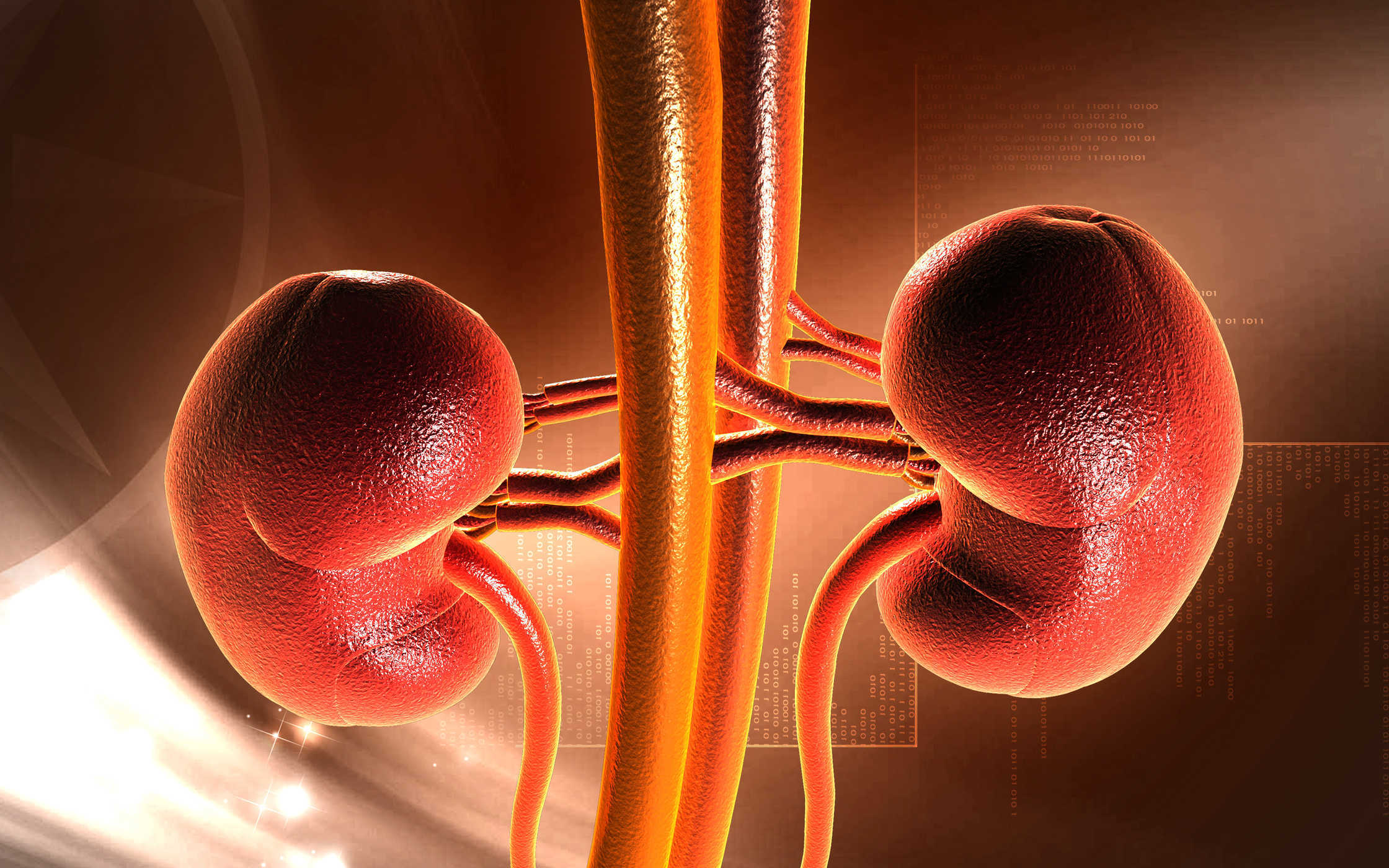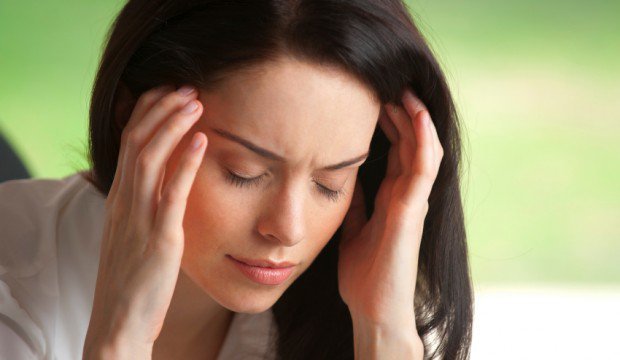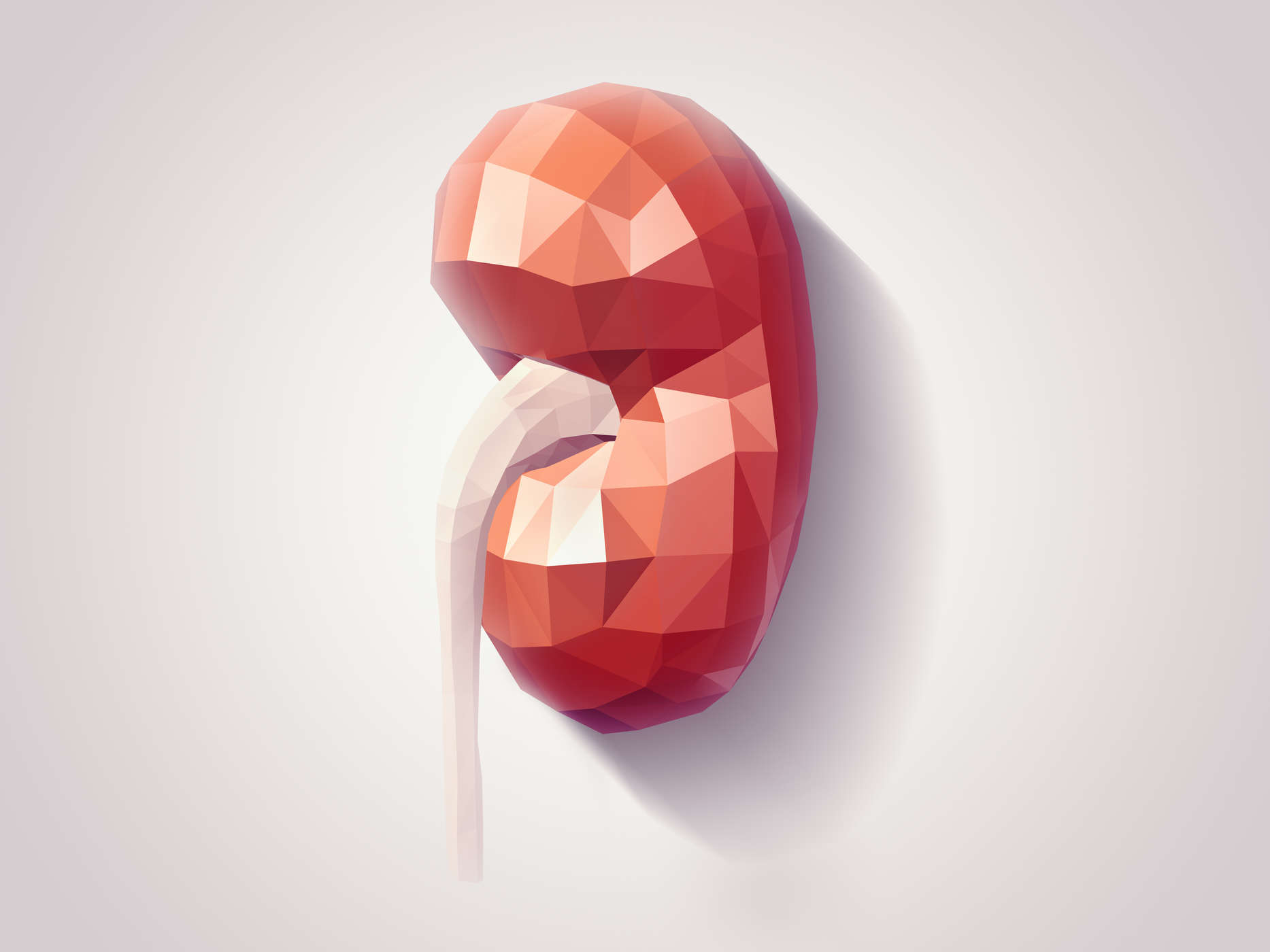Contents:
- Medical Video: Dr. Oz Explains How to Avoid Tension Headaches
- Causes of fasting headaches
- 1. Dehydration
- 2. Hypoglycemia
- 3. "Sakau" caffeine
- 4. Changes in sleep patterns
- Cata eliminates headaches when fasting
- 1. Light massage
- 2. Cold compress
- 3. Avoid too glare
Medical Video: Dr. Oz Explains How to Avoid Tension Headaches
Many people who fast in Ramadan claim to experience severe headaches when fasting all day. There are also people who just feel a recurring headache during fasting. So what causes headaches when fasting? How to get rid of headaches so fasting remains smooth? Don't worry, headaches during fasting can be overcome easily, really. Please see the full explanation below.
Causes of fasting headaches
In everyone, the cause of headaches during fasting can vary. This depends on your physical condition and how severe the headache is. Here are four possibilities.
1. Dehydration
If you do not drink enough water when breaking fast until dawn, you risk getting dehydrated. Dehydration or lack of fluid causes brain volume to shrink and not get enough oxygen. As a result, the lining of the brain sends pain signals to all parts of the brain.
Symptoms of dehydration other than headache are weakness, muscle cramps, difficulty concentrating, thick or dark urine, and very dry skin to scaly or flaking.
2. Hypoglycemia
Hypoglycemia is a health condition in which blood glucose (sugar) levels in your body drop dramatically. Glucose is needed by the brain as an energy source to function as usual. So, when you don't eat or drink anything for hours, your body lacking glucose can't pump blood to the brain.
This causes headaches, dizziness, nausea, and the mind becomes dazed. If not treated immediately, people with hypoglycemia may lose consciousness (fainting).
3. "Sakau" caffeine
Are you a caffeine addict everyday? If you can't just spend a day without coffee a few cups, headaches during fasting may be caused by caffeine withdrawal symptoms. When fasting you certainly can't drink as much coffee as usual or even you don't drink coffee at all. You are also at risk of experiencing caffeine withdrawal symptoms.
Symptoms include headaches, weakness, nausea, anxiety, anxiety, difficulty concentrating. Caffeine withdrawal symptoms can last from a full day to two months. Depends on how often you consume caffeinated drinks.
4. Changes in sleep patterns
In Ramadan, you may experience changes in sleep patterns because you have to get up early for sahur. As a result, you may become sleep deprived or the biological clock changes. This risks causing headaches.
The reason, research from Missouri State University proves that lack of sleep will increase the production of certain types of protein in the brain. This protein triggers a nervous reaction that causes headaches.
Cata eliminates headaches when fasting
Headaches when fasting certainly feels very disturbing. However, don't worry. Here are tips to relieve headaches that are safe when fasting.
1. Light massage
Lightly massaging your face and head can help relieve pain. Start by making a circular motion with your fingers, from both of your cheekbones. Then slowly slide your finger upwards, which is on the outside of your eyes. Continue until your fingers meet in the middle of the forehead.
2. Cold compress
Prepare ice cubes and wrap with a soft cloth. Then attach the cold compress to the affected head. According to a neurologist from Michigan Headache Clinic, Dr. Edmund Messina, cold compresses can help relieve inflammation of nerves or blood vessels in the brain.
3. Avoid too glare
Light from a computer or window that is too glare can make the eyes tired so that the head gets sicker. So, avoid light that is too glare first. You can close the curtain or reduce the light settings on the computer screen or smartphone You.

